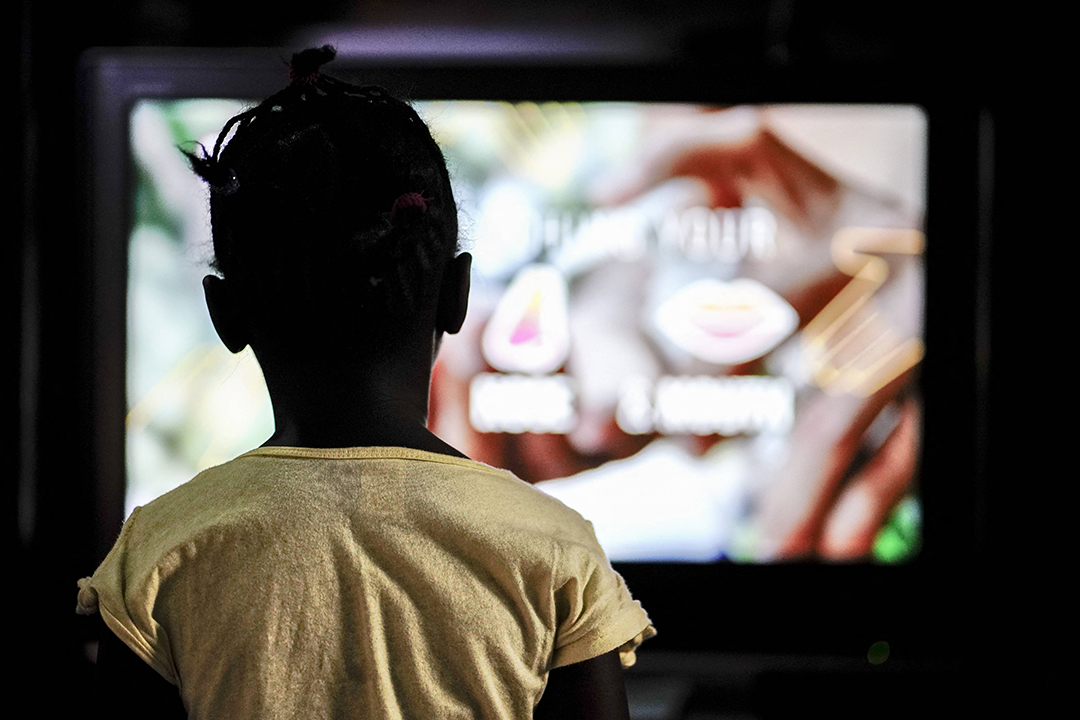African Schools Prepare for Pandemic’s Third Year With Lessons From First Two
ADF STAFF
Shortly after South Africa reopened its schools last year, a student at Isolemamba High School in KwaZulu-Natal province contracted COVID-19. Then five teachers also tested positive, prompting the school to close for two days.
“Even though we’re at Level 1, it doesn’t mean COVID has gone away. It’s still here,” Elijah Mhlanga, spokesman for South Africa’s Basic Education Department, told eNCA news at the time.
“In the case of schools, it could stop the learning and teaching activities that we want to see happening without interruption,” Mhlanga added.
The outbreak happened when South Africa was at its lowest level of pandemic response. It also was a reminder of March 2020 to July 2021 when more than 750,000 South African schoolchildren were shut out of their schools due to the rapidly spreading virus.
As African nations brace for the next COVID-19 wave, educators are studying the lessons they learned from the pandemic’s first two years to keep school systems functioning smoothly in the third year.
“The biggest lesson is how unprepared all of us were for any of this,” Momar Dieng, chief strategy and partnership officer for the African Institute for Mathematical Sciences, told CNBC Africa during a recent interview.
The loss of in-person education during the pandemic’s first two years was staggering, Dieng said. The damage fell hardest on primary school students, who also were the least likely to have access to technology, according to the Global University Network for Innovation.
A report by UNICEF reveals that in some African countries, thousands of students may not recover from those losses because they never returned to class.
“In the countries analyzed, the current pace of learning is so slow that it would take seven years for most schoolchildren to learn foundational reading skills that should have been grasped in two years, and 11 years to learn foundational numeracy skills,” the UNICEF report authors wrote.
In Liberia, 43% of students failed to return after schools reopened in late 2020. In Uganda, where schools were closed for two years, 10% of students never returned when schools reopened this January. In Malawi, high school dropout numbers increased by nearly 50%.
With a suspected fifth wave on the horizon, educators have several options for keeping students engaged should the pandemic provoke another school shutdown, according to the Association for the Development of Education in Africa (ADEA).
A recent analysis led by ADEA examined educational methods used while schools were closed. ADEA reported that in 40 countries, schools delivered lessons via television and radio. Internet-based platforms such as Zoom and Google Meet engaged students in 28 countries. Four countries delivered lessons via text message on mobile phones. WhatsApp also become a vehicle for educating students shut out of school.
However, educators need to reach beyond students to provide greater support to parents as they build school systems that can operate during future emergencies, according to ADEA.
“Attention should be paid to parents with low education levels and those living in extreme poverty as these circumstances can challenge their participation in children’s learning and support,” ADEA said in its analysis.
For Hosni Zaouali, the Tunisian-born CEO of Canada-based Tech AdaptiKa, the pandemic is the trigger African countries need to launch their education systems online.
“COVID-19 is not a disruptor,” Zaouali told CNBC Africa. “COVID-19 is an accelerant.”
Now is the time for governments across the continent to invest more in online networks to create a true 21st century education system, Zaouali said. His company is experimenting with setting up virtual schools in Africa. The first test case was in Somalia.
“In the same way Africa has leapfrogged the landline and gone straight to smartphone technology, it will leapfrog traditional education systems to go straight to a more immersive online education,” Zaouali said. “We need the government to facilitate those infrastructures.”


Comments are closed.